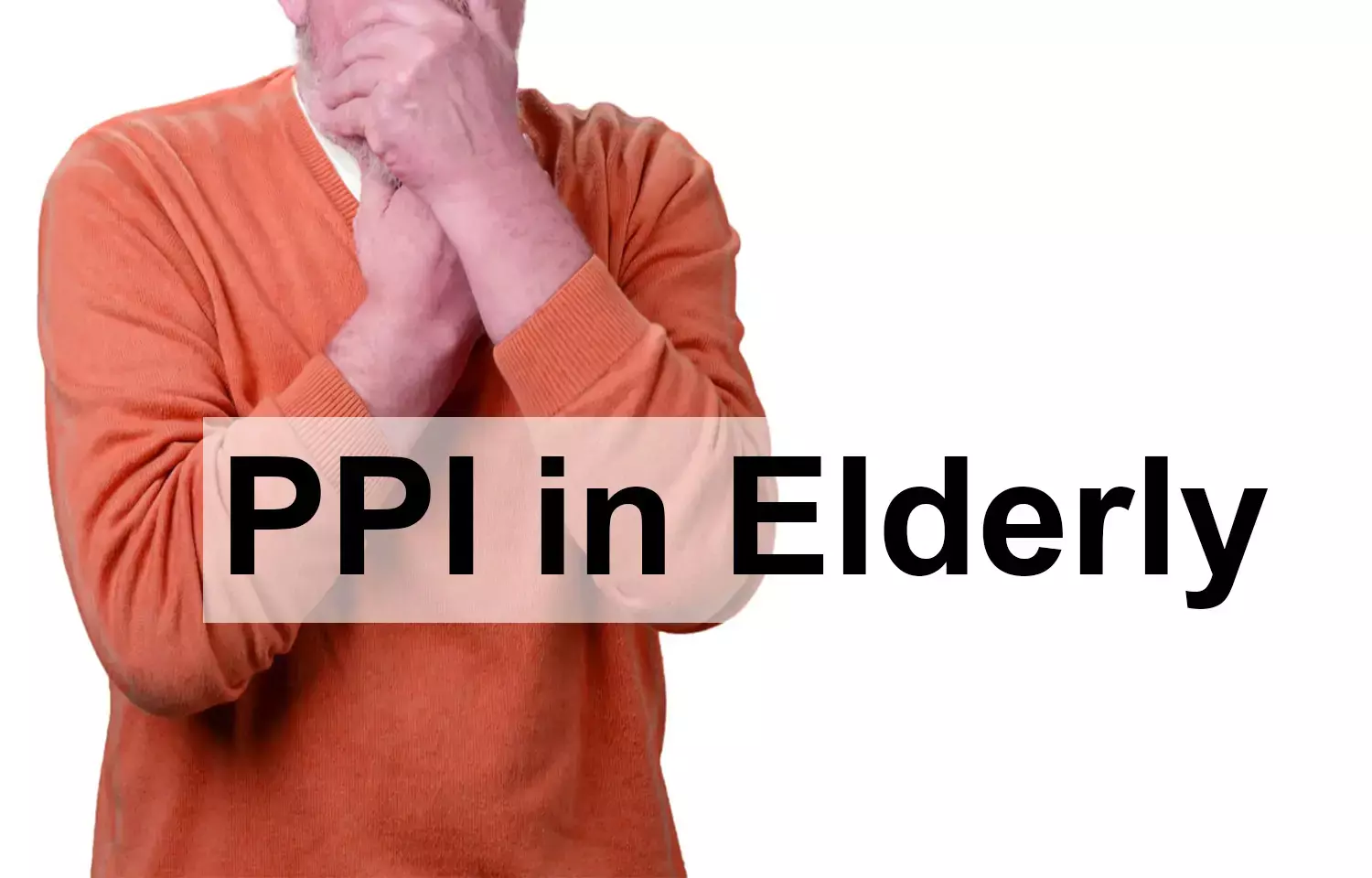- Home
- Medical news & Guidelines
- Anesthesiology
- Cardiology and CTVS
- Critical Care
- Dentistry
- Dermatology
- Diabetes and Endocrinology
- ENT
- Gastroenterology
- Medicine
- Nephrology
- Neurology
- Obstretics-Gynaecology
- Oncology
- Ophthalmology
- Orthopaedics
- Pediatrics-Neonatology
- Psychiatry
- Pulmonology
- Radiology
- Surgery
- Urology
- Laboratory Medicine
- Diet
- Nursing
- Paramedical
- Physiotherapy
- Health news
- Fact Check
- Bone Health Fact Check
- Brain Health Fact Check
- Cancer Related Fact Check
- Child Care Fact Check
- Dental and oral health fact check
- Diabetes and metabolic health fact check
- Diet and Nutrition Fact Check
- Eye and ENT Care Fact Check
- Fitness fact check
- Gut health fact check
- Heart health fact check
- Kidney health fact check
- Medical education fact check
- Men's health fact check
- Respiratory fact check
- Skin and hair care fact check
- Vaccine and Immunization fact check
- Women's health fact check
- AYUSH
- State News
- Andaman and Nicobar Islands
- Andhra Pradesh
- Arunachal Pradesh
- Assam
- Bihar
- Chandigarh
- Chattisgarh
- Dadra and Nagar Haveli
- Daman and Diu
- Delhi
- Goa
- Gujarat
- Haryana
- Himachal Pradesh
- Jammu & Kashmir
- Jharkhand
- Karnataka
- Kerala
- Ladakh
- Lakshadweep
- Madhya Pradesh
- Maharashtra
- Manipur
- Meghalaya
- Mizoram
- Nagaland
- Odisha
- Puducherry
- Punjab
- Rajasthan
- Sikkim
- Tamil Nadu
- Telangana
- Tripura
- Uttar Pradesh
- Uttrakhand
- West Bengal
- Medical Education
- Industry
Prolonged PPI use may increase risk of epilepsy in elderly, Study says

According to recent research, it has been observed that long term use of PPI therapy was associated with an increased risk of epilepsy, particularly in the elderly population.
The study is published in the European Journal of Epilepsy.
Proton pump inhibitors therapy was associated with an increased risk of epilepsy, particularly in the elderly population.
Therefore, Chih-Sung Liang and colleagues from the Department of Psychiatry, Beitou Branch, Tri-Service General Hospital, National Defense Medical Center, Taipei, Taiwan conducted this present study to examine the risk of epilepsy after prolonged PPI exposure and determine what age group was at higher risk of epilepsy.
The authors performed a case-control study nested within a sample of Taiwan National Health Insurance beneficiaries (n=1,000,000). Proton pump inhibitors users with subsequent epilepsy were selected as the case cohort.
Controls were proton pump inhibitors users without subsequent epilepsy, matched for age, sex, PPI use indication, enrollment time, end point time, follow-up period, overall systemic health, and comorbidities. The total dose of PPI was defined as the cumulative defined daily dose (cDDD). Prolonged PPI use was defined as a cDDD > 365. A logistic regression analysis was performed. Population attributable risk was calculated.
The following findings were identified-
a. Epilepsy occurred 4.13 years after the initiation of proton pump inhibitors use.
b. PPI users with the highest risk of incident epilepsy received a cDDD > 365 [odds ratio = 1.63, 95% confidence interval = 1.37–1.95], followed by 121–365 cDDD (1.33, 1.18–1.51) and 31–120 cDDD (1.15, 1.02–1.29), compared to those receiving a cDDD ≤ 30, after adjusting for potential confounders.
c. Prolonged proton pump inhibitors use increased the risk of epilepsy in all age groups, and the risk was highest for those older than 80 years (3.11, 1.67–5.79).
d. The population attributable risk was 12.2% (> 365 cDDD vs ≤ 30 cDDD).
Hence, it was concluded that "prolonged proton pump inhibitors therapy was associated with an increased risk of epilepsy, particularly in the elderly population."
Dr. Nandita Mohan is a practicing pediatric dentist with more than 5 years of clinical work experience. Along with this, she is equally interested in keeping herself up to date about the latest developments in the field of medicine and dentistry which is the driving force for her to be in association with Medical Dialogues. She also has her name attached with many publications; both national and international. She has pursued her BDS from Rajiv Gandhi University of Health Sciences, Bangalore and later went to enter her dream specialty (MDS) in the Department of Pedodontics and Preventive Dentistry from Pt. B.D. Sharma University of Health Sciences. Through all the years of experience, her core interest in learning something new has never stopped. She can be contacted at editorial@medicaldialogues.in. Contact no. 011-43720751
Dr Kamal Kant Kohli-MBBS, DTCD- a chest specialist with more than 30 years of practice and a flair for writing clinical articles, Dr Kamal Kant Kohli joined Medical Dialogues as a Chief Editor of Medical News. Besides writing articles, as an editor, he proofreads and verifies all the medical content published on Medical Dialogues including those coming from journals, studies,medical conferences,guidelines etc. Email: drkohli@medicaldialogues.in. Contact no. 011-43720751


